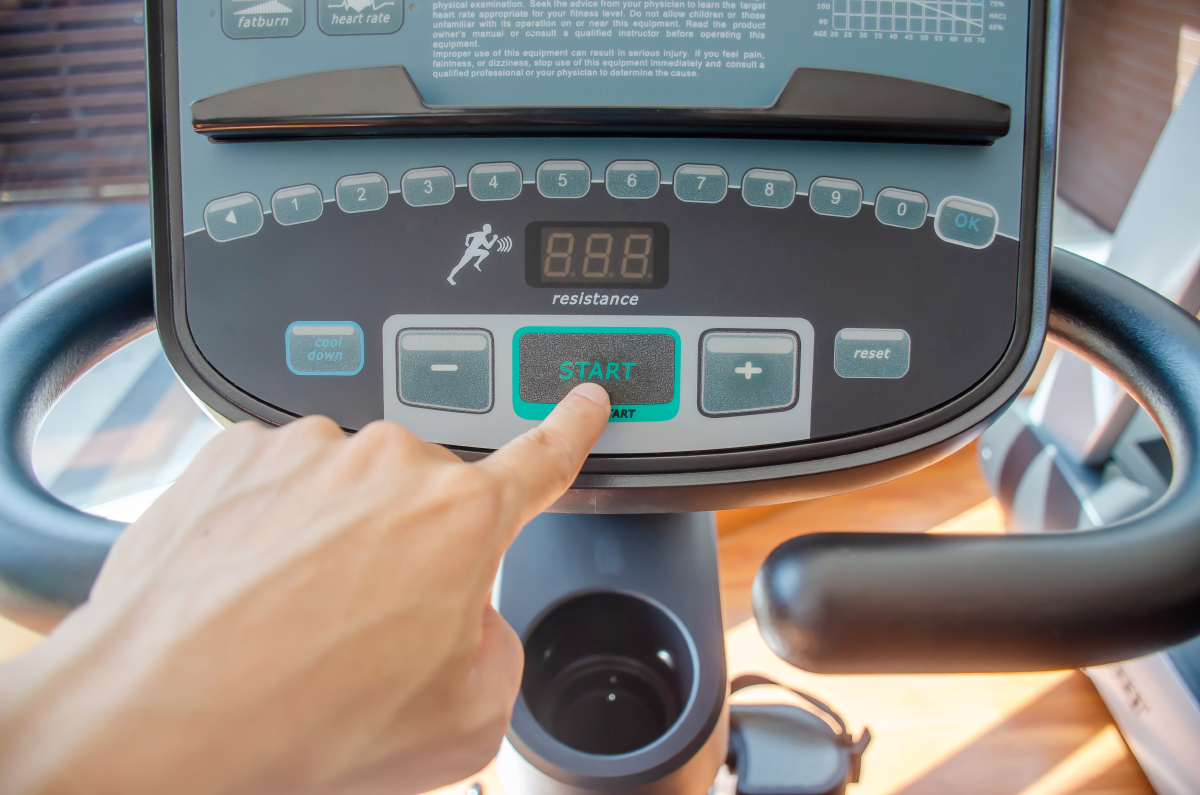Table of Contents
There are so many reasons to stay active at every age. We want to look good and feel good. Physical activity gets your blood flowing, keeps bones and muscles strong and joints flexible. Experts have discovered some eye-opening information about what happens if we stop moving. When we stop exercising, we see an increased risk for heart disease and other illnesses, damage to our joints, and adverse effects on our mental state. That’s why it’s so important to get moving again after an injury, illness, or surgery, even if you have to modify your activities and start slowly.
What Happens To Our Body When We Stop Exercising?
 A 2016 World Health Organization study linked inactivity to six percent of deaths worldwide. Here’s a look at some of the undesirable outcomes when we stop moving:
A 2016 World Health Organization study linked inactivity to six percent of deaths worldwide. Here’s a look at some of the undesirable outcomes when we stop moving:
- Heart attack and diabetes: a 2012 study explored what happened when healthy volunteers cut out physical activity and showed that inactivity raised volunteers’ blood sugar levels. Even in healthy adults, stopping exercise increased postprandial glucose (PPG) levels, an early predictor of cardiovascular problems and death.
- Joint health: movement is key to joint health, and cutting out physical activity can lead to stiffness and damage to your joints. Exercising helps restore the synovial fluid that lubricates the joints, keeping your cartilage healthy and your joints flexible. We create a virtuous cycle of movement and activity as healthy joints allow us to remain active.
- Mental health: numerous studies have shown a clear link between physical activity and mental well-being. Staying active helps keep our outlook positive.
Why Is It Important To Keep Moving As We Age?
The benefits of an active life as we age are clear. Physical activity promotes long-term health and can lead to a longer lifespan. Studies show that physical activity decreases the risk of heart disease, diabetes, and some kinds of cancer. Here are some of the benefits of staying active as we age:
- Promoting cardiac health.
- Building and maintaining muscle strength and tone.
- Preserving bone strength and preventing osteoporosis.
- Improving balance and preventing falls.
- Keeping weight under control and reducing the risk of diabetes.
- Mental health benefits and socialization.
- Boosting cognitive function and brain health.
How Can I Stay Active After A Health Setback?
Sometimes active patients find themselves sidelined by injury, surgery or illness. These kinds of setbacks can launch a negative cycle of inactivity as patients pause their exercise routine during the healing process. When we stop moving, it can be hard to get back into the swing of things. But staying active is even more important under these circumstances. Movement can help you heal faster, boost energy, and improve your outlook. Here are some tips for resuming exercise after a health setback:
- Start gently as you return to your favorite activities. Talk with your doctors about what’s appropriate for your fitness level and overall health.
- Modify your fitness routine. For example, patients may temporarily switch from running or tennis to swimming, cycling, walking, or gentle yoga, depending on the nature of the injury and overall physical condition.
- Find an excellent physical therapy program and stick with it. Physical therapy is one of the most critical steps in resuming activity after an injury or illness. A supervised and personalized PT program can get you moving safely and includes strategies for avoiding reinjury.
At Countryside Orthopaedics and Physical Therapy, we know first-hand the benefits of physical activity–and the negative cycle that can happen when we stop moving. Our longstanding goal is to get patients back to the activities they love–or find new activities as health status changes. Sometimes patients can get back into the swing of things quickly. Baby steps are just fine in other cases. With our high-quality physical therapy program, you can get moving again after any health setback. We’re here to help you every step of the way and make sure you stay active for years to come.